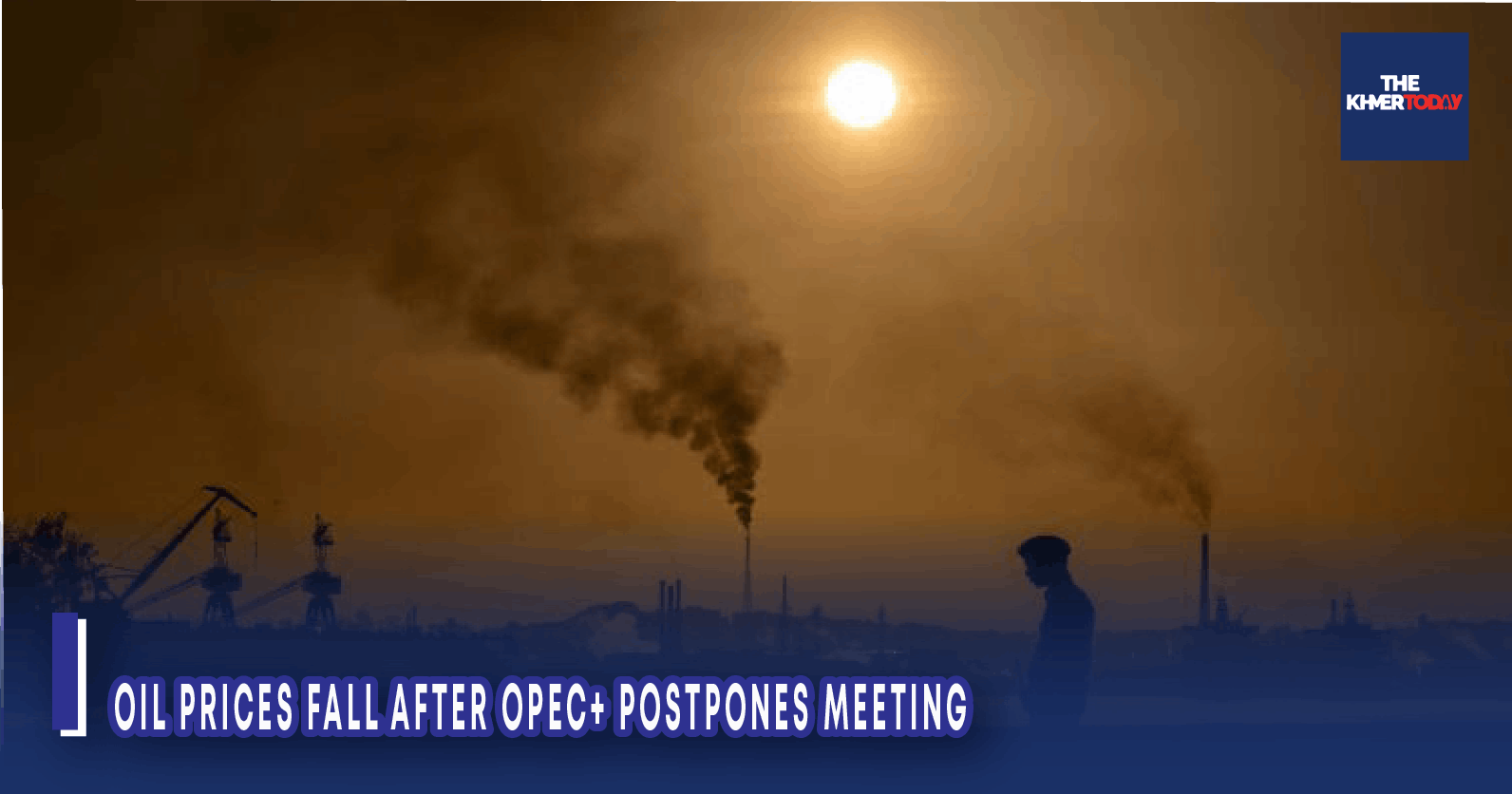Oil prices fall after OPEC+ postpones meeting

Global oil prices dropped on Wednesday as a result of the Organization of the Petroleum Exporting Countries (OPEC) and its allies postponing their important ministerial meeting from Sunday to November 30.
The Vienna-based organization issued a succinct statement announcing the OPEC+ alliance's postponement without offering any justification. The ten partners led by Russia and the 13 OPEC members led by Saudi Arabia are expected to deliberate on their output strategy in the face of falling oil prices and recent reports of disagreement among alliance members.
Following the unexpected statement, the price of crude fell by more than five percent globally.
The primary US crude oil contract, WTI, was down 4.6% to $74.21 at 15:25 GMT, while the primary European contract, Brent, was down 4.3% to $78.88.
Contrasting Opinions
Giovanni Staunovo, an analyst at UBS, told AFP that "uncertainty is never good for financial markets," as they would now have to wait longer to find out what OPEC+ will do next year.
He continued, verifying what two OPEC+ sources had told AFP under condition of anonymity—that there were "different views among the group's participants"—by saying that the postponement proved this.
According to Jorge Leon of Rystad Energy, the alliance had previously postponed ministerial sessions, "but never for four days," signaling problems in reaching a consensus.
Since September's peak, oil prices have fallen below $80 per barrel, and analysts predict that the alliance will continue to reduce production.
The way the cuts may be distributed among members and how they would be applied the following year, however, is a big unknown.
The way the cuts may be distributed among members and how they would be applied the following year, however, is a big unknown.
Nine OPEC+ countries, including Dubai, Baghdad, Moscow, and Riyadh, have cut back on their supply in recent months.
Saudi Arabia took the most hit, willingly reducing output by an additional million barrels per day since July.
Commerzbank analyst Carsten Fritsch stated that Saudi energy minister Prince Abdulaziz bin Salman recently "blamed speculators for the oil price slide" instead of sluggish demand, expressing dissatisfaction at the decline in prices.
End of the Saudi cutbacks?
On Wednesday, Russian Deputy Prime Minister Alexander Novak struck a different tone, stating that "the current situation is reflected objectively in the oil prices."
Because they have reached a proper level, the market is in equilibrium. However, we will go into more depth about these matters at our next meeting," he continued, as cited by Russian news outlets.
The price of oil is a long way from what it was after Russia invaded Ukraine, when it was close to $140 per barrel.
Nevertheless, despite worries about demand, especially in China, the world's largest importer of petroleum, they are still higher than the average of the previous five years.
However, the $80 threshold is crucial for the Saudis since, based on IMF projections, the break-even price is marginally higher.
According to Fawad Razaqzada of City Index, investors worry that Riyadh may stop making further cutbacks in the absence of an agreement, as reported by AFP.
He went on, "It's obvious that they're not happy with some of the other OPEC+ members who are not complying with the cuts."
According to reports, Russia is hesitant to carry out its obligations because it needs the money from oil sales to fund its war in Ukraine.
"Disagreements between Riyadh and African countries over quotas" were also cited by the two people close to the conversations whom AFP contacted.
A few participants expressed their desire to boost their output.
At the last conference in June, the United Arab Emirates won an increase in their volume for 2024, to the prejudice of other countries such as Angola, Congo and Nigeria.